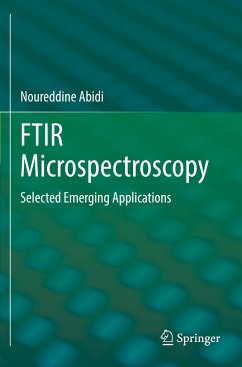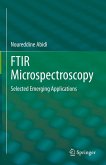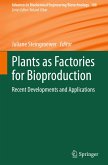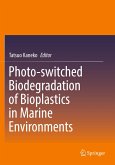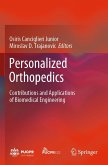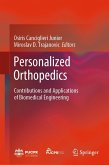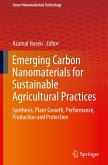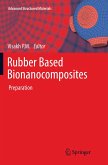Fourier Transform Infrared microspectroscopy (FTIR) was first developed by William Coblentz in 1905 for analytical purposes. It has been established as a powerful analytical method to analyze a wide range of materials. The most convenient way to analyze the molecular structure was to prepare KBr pellets with small amount of chemical species. Currently, the development of the Universal Attenuated Total Reflectance (UATR) allows the use of ZnSe-Diamond crystal to acquire FTIR spectra directly from the sample with no special preparation. These traditional FTIR analyses have been made with devices capable of performing single measurements, thus, providing a single IR spectrum of the sample. Recent major technological development in FTIR instrumentation was development of microscopes and imaging systems. These devices are now capable of imaging larger sample area, providing not only spectroscopic information but also spatial distributional information. In addition, the developmentof Focal Point Array (FPA) has made FTIR imaging an emerging area of chemical imaging research. The aim of this book is to summarize in a single document the research work that is being performed using UATR and IR imaging in selected emerging applications in plant materials and biological samples. This book provides the readers new knowledge, updates information, emerging applications, and understanding of the potential use of FTIR Microspectroscopy.
Bitte wählen Sie Ihr Anliegen aus.
Rechnungen
Retourenschein anfordern
Bestellstatus
Storno

